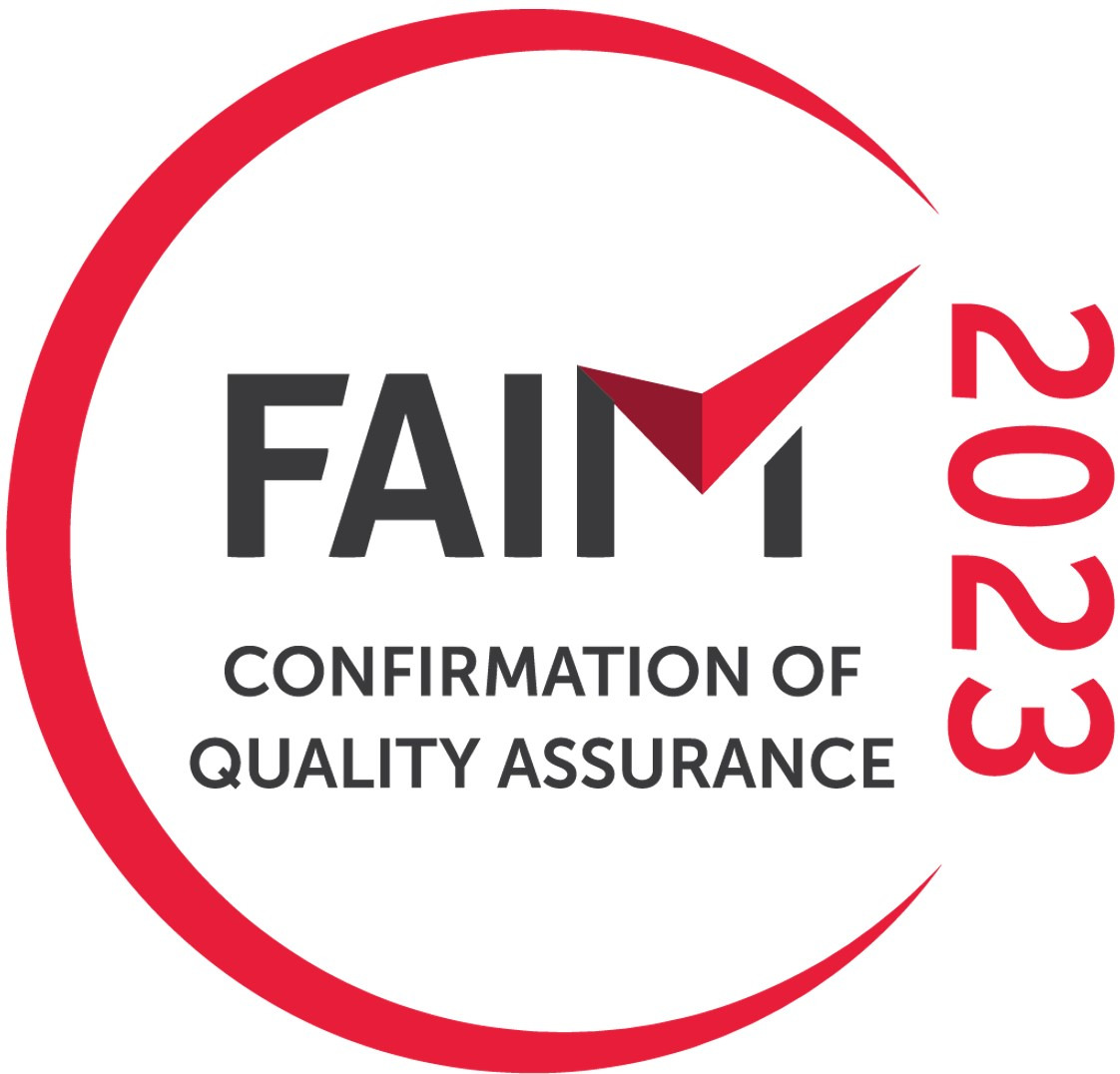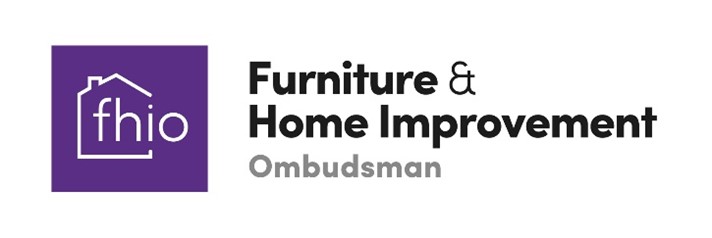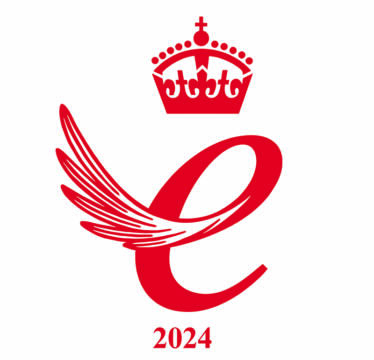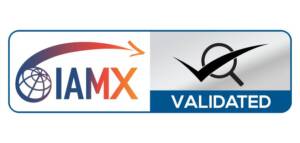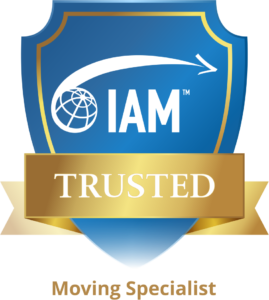If you’ve ever frequented Doha Airport, you’ll know that it’s full to the brim with expats arriving, leaving and being reunited with loved ones. Whether for the desert landscape, or the full to the brim luxury shopping centres, Qatar poses quite a pull. But from general country information, to Visa requirements and finding a good telecommunications service, navigating your way through the depths of such a big move can be a landmine. So with that in mind, here are a few of the most important points to consider throughout the transition:
Visas
When moving permanently or semi-permanently to Qatar, Expats should acquire a Visa through the Qatar Embassy or Consulate while still in their own country. For this, a sponsor is required which will usually be the employer that has offered the job. Unfortunately, not every Expat will be allowed to relocate their family to Qatar, even if they are already working there. An Expat must earn more than 10,000 QR to relocate a partner and they must be married to their spouse in order to bring children into the country, although these are arrangements that the sponsor will usually assist with.
Transport
While Qatar is advanced in schooling and health care systems, public transport is a relatively new concept and most Qataris prefer to travel (often precariously) by their own cars. This can make driving quite a scary experience, but one that is necessary if you are to get around. Drivers who hold valid licenses from any country can drive a rented car in Doha for a maximum of a week or apply for an International Driver’s License to be able to drive for up to six months. Permanent residents will need to register for a Qatari license, a simply process usually involving an eye test.
Religious Customs
Like many Arab countries, women are expected to dress modestly while in Qatar, including the concealment of any cleavage, midriff or thighs. Alcohol is also restricted to five star hotels and members-only clubs, but like any Arabic country, it all comes down to knowing where to look. Pork is available to buy from a shop called QDC (which is also where you can buy alcohol for home use, providing you have a licence), but is strictly for eating indoors and won’t be served at any restaurant in Qatar.
Location and Communication
Expats are required to have a residence permit before they can have a telephone line installed or taken over. This is due to all telecommunication services in Qatar being government owned, although mobile phone and broadband penetration is the highest in Doha than anywhere else in the Middle East so staying connected isn’t an issue.
Moving to Qatar may seem overwhelming, but once you have the basics arranged, it really is a beautiful, rich and welcoming country. After all, why else would everyone be flocking there?





